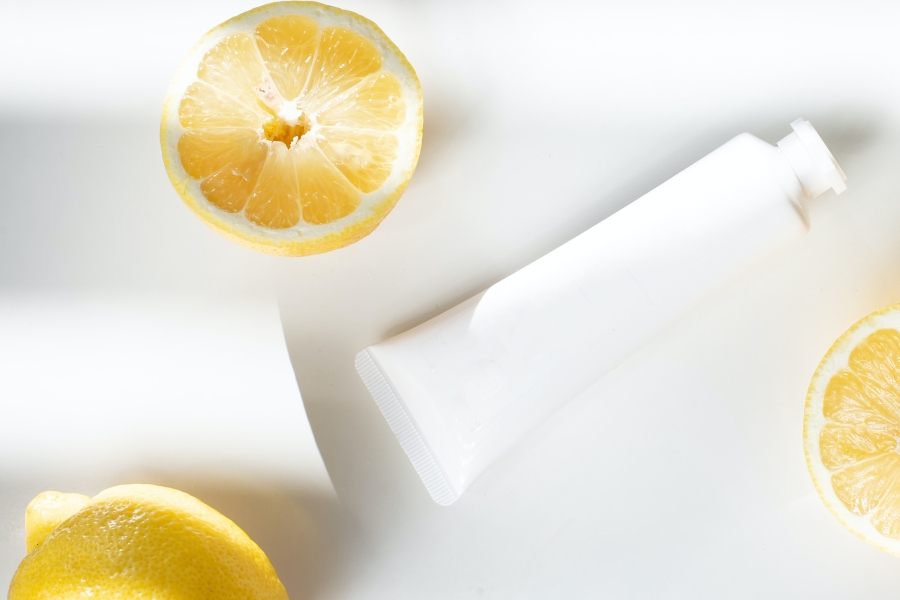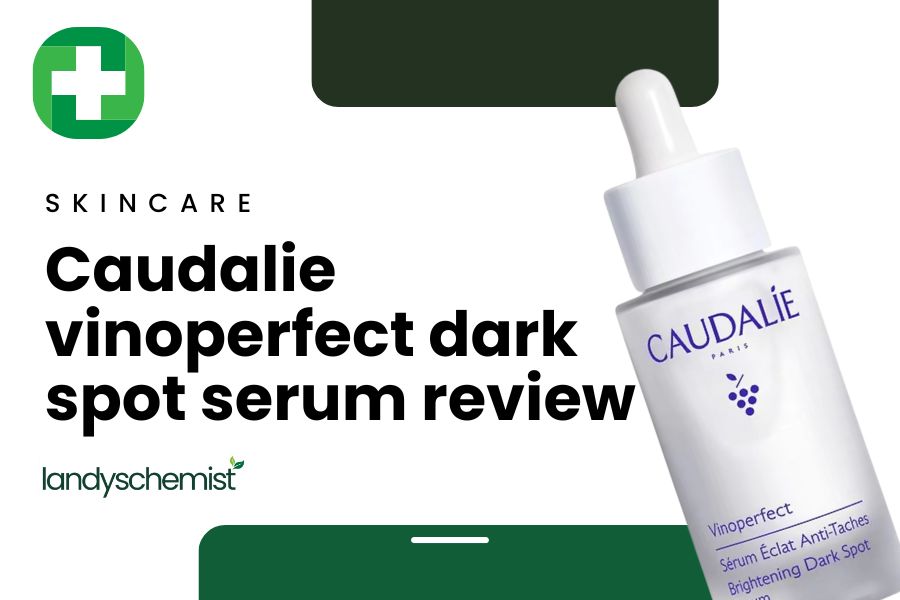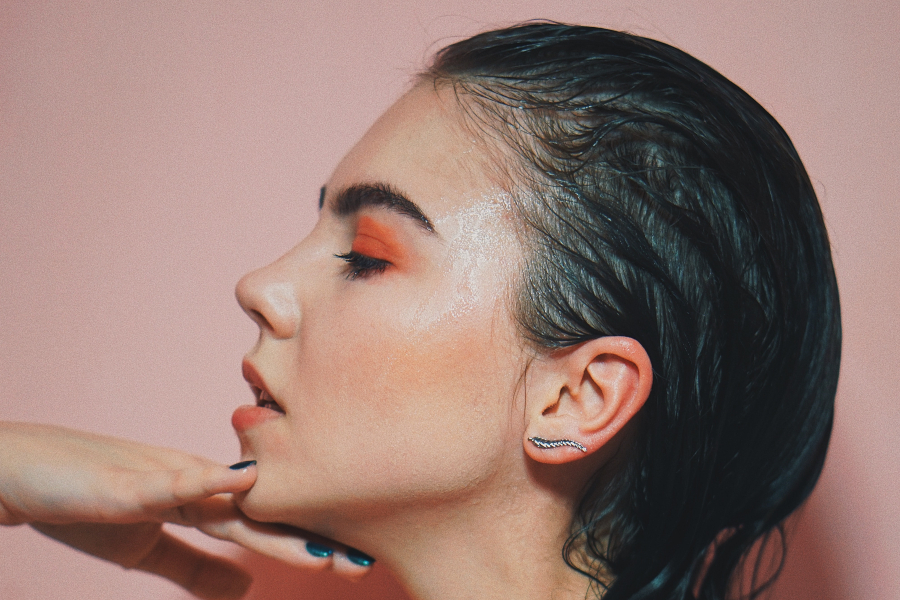
Should You Use Toner & Moisturiser?
There is a lot of debate when it comes to facial toner and moisturiser. Which one is more effective? Should you use them both? How long should you wait between using them? In this blog post, we will explore toners and moisturisers and answer all of your questions!
What Is The Difference Between Skin Toner And Moisturiser?
A skin toner is a lightweight liquid used to cleanse, refresh, and tone the skin. Typically applied with a cotton pad or directly onto the skin, it is used after cleansing to remove residual impurities such as dead skin cells, makeup, dirt, and excess oil that may not have been fully washed away. Toners for oily skin, for example, often include ingredients like salicylic acid to help prevent breakouts, while hydrating toners focus on replenishing moisture. Adding a toner to your skincare routine ensures your skin is properly prepared for the next steps.
Toners can also help to restore the skin's natural pH balance, soothe irritation, and temporarily minimise the appearance of pores, leaving the skin smoother and more refined. Read more: The Benefits of Facial Toners
A moisturiser, meanwhile, is a cream, gel, or lotion designed to hydrate and protect the skin. It is applied after toning (or cleansing, if you do not use a toner) to lock in moisture, prevent dryness, and nourish the skin barrier. A hydrating moisturiser can also help to reduce the appearance of fine lines and wrinkles by plumping the skin, while oil-free options are ideal for acne-prone or combination skin.
Moisturiser is a important step for all skin types, including sensitive, dry, and oily skin. The key is to select a moisturiser that suits your specific needs—whether it’s a rich cream for dry skin, a lightweight gel moisturiser for oily skin, or a calming moisturiser for sensitive skin. Proper hydration forms the foundation of any effective anti-ageing skincare routine.
Are Facial Toners Necessary?
The answer isn’t as straightforward as a simple yes or no. Facial toners can be an excellent addition to your skincare routine, but they aren’t essential for everyone. Is toner good for the skin? That depends on your specific skin type and concerns.
For instance, if you have oily skin, a toner can help to reduce excess oil and leave your skin feeling fresh. Using a cotton pad to apply toner after cleansing can also remove residual dirt and grime, ensuring a cleaner base for the rest of your skincare routine. On the other hand, if you have dry skin, a toner formulated with hydrating ingredients can help replenish moisture and create the ideal surface for moisturisers to penetrate more effectively.
If you have acne-prone or very sensitive skin, you might think toners are off-limits. However, as long as you choose one specifically formulated for your skin type, toners can cleanse deeply without causing flare-ups. Look for gentle, non-drying formulas, and always follow up with a suitable moisturiser to lock in hydration.
Some toners, particularly those containing skincare ingredients like hyaluronic acid (for hydration) or glycolic acid (for exfoliation), can offer additional benefits, such as improving skin texture or boosting moisture levels.
It’s also worth considering who the toner is designed for, as men’s skin often differs from women’s. In such cases, a facial toner for men may be more appropriate, offering formulations tailored to their specific needs.
Toner & Moisturiser FAQs
HOW OFTEN SHOULD YOU USE TONER?
It is recommended to use toner once per day. You can use it twice per day if you have particularly oily skin or are wearing make-up and are reapplying. Using toner every day or more than twice a day is not recommended as it can strip your skin of natural oils when overused.
WHEN SHOULD YOU APPLY TONER?
Toners are applied after cleansing your skin, morning and/or night, before you moisturise. You may choose to use a toner based on whether there is still excess oil on your skin after cleansing or if you have a flare-up of spots that you want to tackle.
SHOULD I USE TONER BEFORE OR AFTER MOISTURISER?
Toner should be applied before a moisturiser. Toners remove any traces of dirt or makeup that may be left on your skin after cleansing. You want to apply moisturiser, which includes hydration and vital skin-supporting nutrients, to clean skin.
How Long Should You Wait To Apply Moisturiser After Toner?
You should wait about five minutes after applying toner before applying moisturiser. This will give the toner time to work its magic and prep your skin for moisturiser.
Should I Use Toner Everyday?
No, you should not use toner everyday. Toner can be drying, so it is important to only use it when your skin needs it. If you have oily skin, you may need to use toner every other day. If you have dry skin, you may only need to use toner once or twice a week.
If you are using exfoliating toners on your skin then you want to use them sparingly, at most twice a week, no matter your skin type, as you need to give your skin time to recover.
Can I Use Toner Without Serum?
Yes, you can use toner without serum. Toners can be used on their own or as part of a skincare routine. If you are using toner as part of a skincare routine, then it is best to apply it after cleansing and before moisturising.
Toners are a useful way to deal with common skin concerns like spots and shininess, but they are most effective when used as part of a complete skincare routine along with other skincare products that help with the same issue.
If you are using a serum in your skincare routine, to add a boost of nutrients or to deal with a skin issue, you should apply it after your toner and before your moisturiser.
Should I Use Both Toner And Moisturiser?
Yes, you should use both toner and moisturiser. Toners help to cleanse and tone the skin, while moisturisers help to hydrate and protect the skin. Using both toner and moisturiser will give you the best results.
Can You Use Toner And Moisturiser Together?
Yes, you can use toner and moisturiser together. In fact, it is best to use them together as part of your skincare routine.
First, apply toner to cleanse and tone the skin. Then, apply moisturiser to hydrate and protect the skin.
Can I Use Toner Without Moisturiser?
No, you should not use toner without moisturiser. Toners can be drying, so it is important to follow up with a moisturiser. Moisturisers help to lock in moisture, reduce dryness, and smooth fine lines and wrinkles.
In conclusion, toners and moisturisers are both effective at helping to improve the appearance of your skin. However, they each have different benefits. It is best to use them both as part of your skincare routine.
By Panasha Desai, Pharmacist
Disclaimer
The products offered are not intended to diagnose, treat, cure, or prevent any illness or disease, or replace the advice of a medical professional. Results are not guaranteed and may vary from individual to individual.




